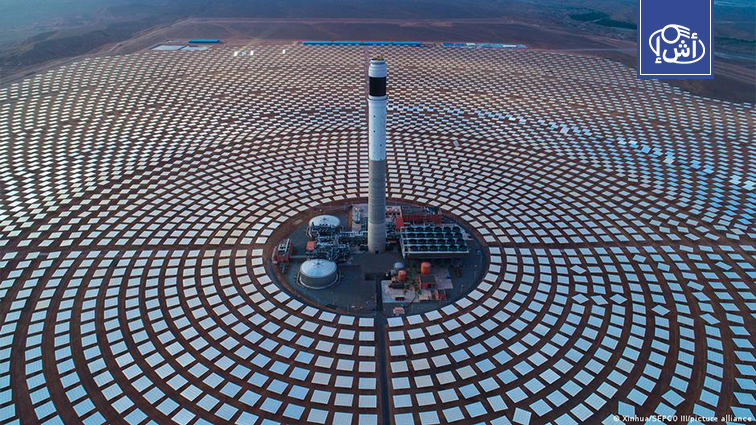Morocco has achieved an advanced position on the global level by being ranked 65th in the Global Energy Transition Index for 2024, issued by the World Economic Forum, topping the Maghreb countries in this field.
Tunisia came in second place in the Maghreb and 89th in the world, followed by Algeria in third place in the Maghreb and 91st in the world, while Mauritania and Libya did not enter the global list.
The index evaluates 120 countries based on several criteria, including justice, sustainability, safety, and readiness to transition toward renewable energy systems, by providing an appropriate infrastructure and legal and regulatory framework, in addition to innovation, education, human capital, and financing.
The report indicated that the Middle East, North Africa and Pakistan region faces challenges related to sustainability, despite the enormous potential of this region in the field of solar energy and the success of some countries in implementing it.
Morocco aims to increase the proportion of renewable energy in electricity generation to 52% by 2030, making it the second largest target in the Arab region for this goal.
Last year, Morocco reduced the use of fossil fuels from 82% to 79%, with the share of coal in electricity generation declining from 70% to 64.46%.
The Kingdom seeks to reduce its dependence on coal by stopping a number of programmed projects in this field, while increasing the share of natural gas as it is less polluting to the environment, which is a step towards Morocco’s preparation for a potential hydrogen economy.
The term “energy transition” refers to the process of shifting from reliance on fossil energy sources, such as coal, oil, and natural gas, to renewable energy sources, such as solar energy, wind energy, and water energy. This transformation aims primarily to combat climate change.
The Libyan Foreign Ministry calls on Polish companies to contribute to the reconstruction process
